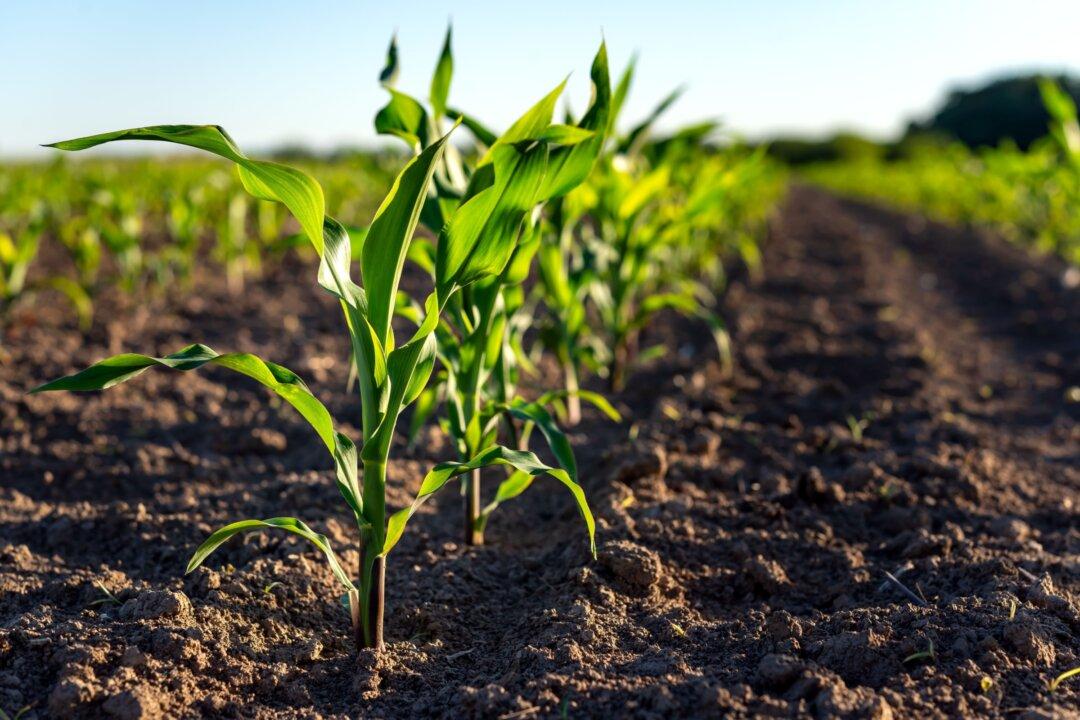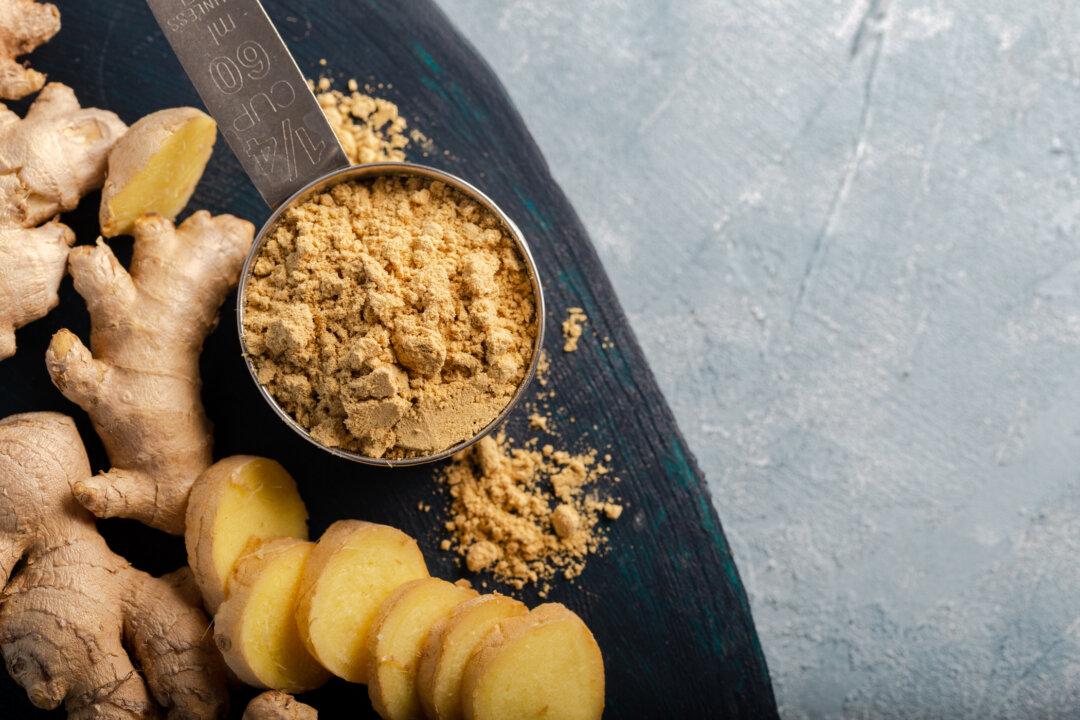Pumpkin seeds, like all edible seeds, pack an immense nutritional and medicinal punch. After all, they contain future worlds within their compact structure. As Ralph Waldo Emerson said, “the creation of a thousand forests is within one acorn.”
In order to prepare their “babies” for survival outside the pumpkin, Nature equips these seeds with an extremely dense source of organically-bound nutrients, including exceptionally high levels of key, health-promoting minerals.






